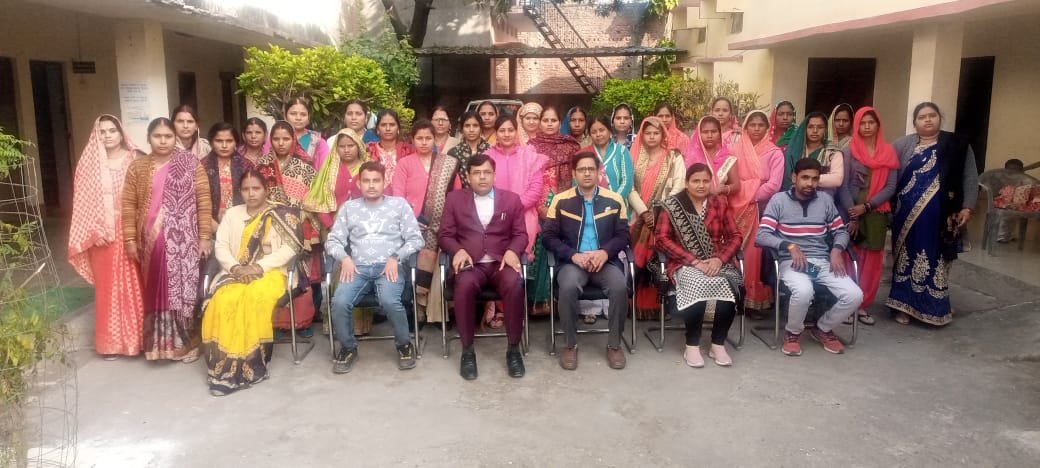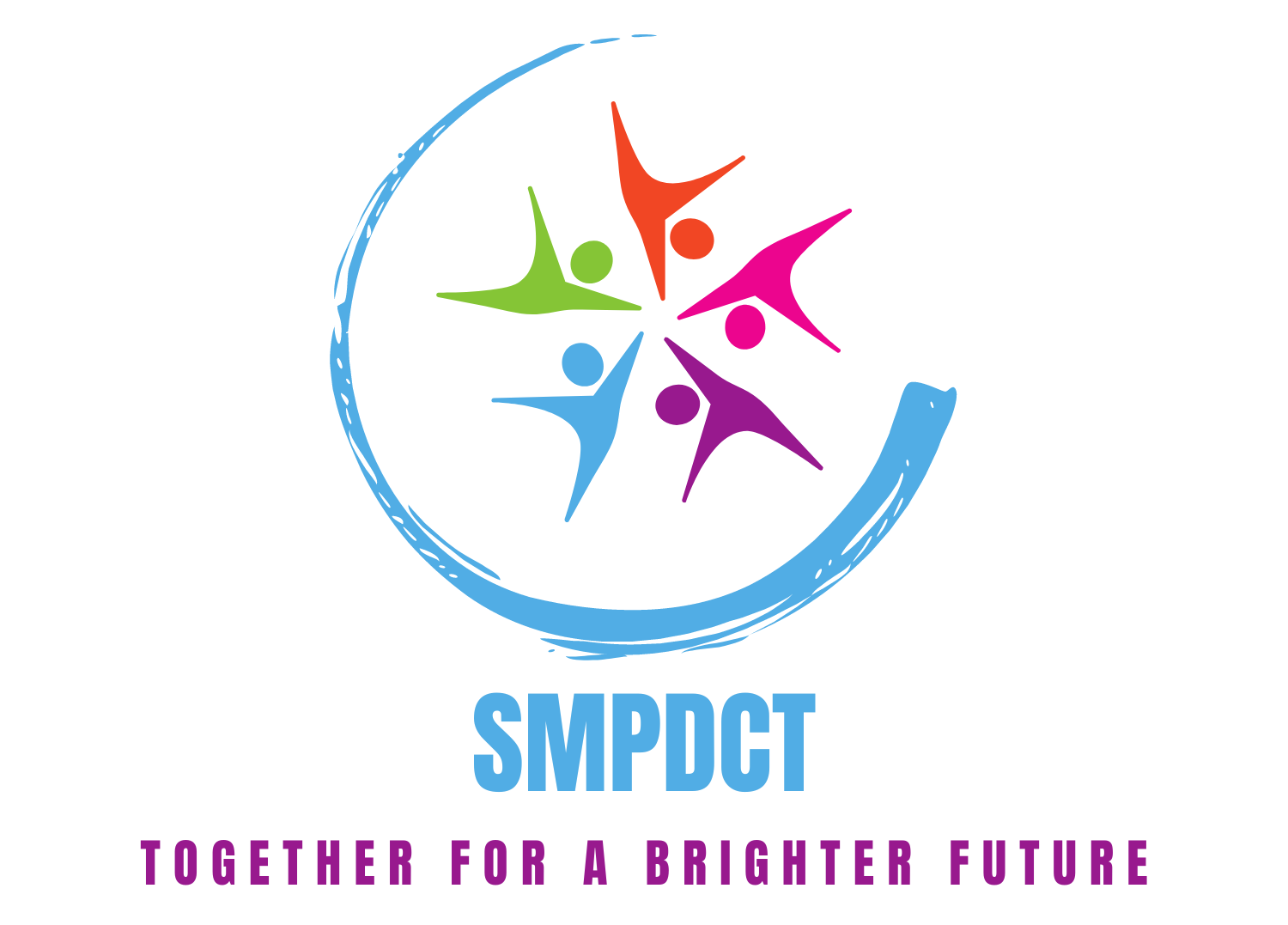Skill development and Livelihoood
Introduction
Skill development and livelihood initiatives are essential for empowering individuals, especially in rural and underprivileged communities, to achieve financial independence and improved quality of life. By equipping people with the necessary skills and resources, these programs bridge the gap between education and employment, enabling sustainable livelihoods and driving socio-economic growth.
The Importance of Skill Development

Education
Challenges in Skill Development and Livelihood Creation
- Limited Access: Many communities lack access to training centers and resources.
- Skill Mismatch: The skills taught often do not align with industry requirements.
- Gender Inequality: Women and marginalized groups often face barriers to participation in skill development programs.
- Digital Divide: Inadequate digital infrastructure limits access to technology-based learning.
- Awareness Gap: Many individuals are unaware of available opportunities for skill training.
Key Focus Areas for Skill Development and Livelihood Initiatives
Vocational Training:
- Providing specialized training in trades like tailoring, carpentry, plumbing, and electrical work.
- Introducing IT and digital literacy programs for tech-based skills.
Entrepreneurship Development:
- Offering mentorship and financial support to budding entrepreneurs.
- Conducting workshops on business planning, marketing, and financial management.
Youth Empowerment:
- Creating programs targeted at equipping youth with employable skills in emerging industries.
- Partnering with industries to facilitate internships and job placements.
Women-Centric Programs:
- Providing skill training in areas like handicrafts, food processing, and beauty services.
- Offering micro-financing support for women entrepreneurs to establish their businesses.
Agriculture and Allied Sectors:
- Training farmers in modern and sustainable agricultural practices.
- Promoting allied activities like dairy farming, poultry, and aquaculture.
Digital Skills and Technology:
- Fostering digital literacy to improve access to online job opportunities and e-commerce.
- Introducing training in emerging fields like data analytics, coding, and AI.
Benefits of Skill Development and Livelihood Programs
- Economic Independence: Individuals can secure jobs or start businesses, ensuring financial stability.
- Reduced Migration: Creating local employment opportunities discourages migration to urban areas.
- Improved Quality of Life: Better livelihoods lead to improved access to healthcare, education, and basic amenities.
- Social Inclusion: These programs empower women, youth, and marginalized groups, fostering equality.
- Sustainable Communities: Livelihood programs create self-reliant communities with reduced dependence on external aid.
Our Commitment to Skill Development and Livelihood
We are dedicated to fostering sustainable growth by implementing impactful skill development and livelihood programs. Through partnerships with industry experts, training institutes, and communities, we aim to:
- Bridge the skill gap by providing market-relevant training.
- Create inclusive opportunities for women, youth, and marginalized communities.
- Support entrepreneurship by providing financial aid and mentorship.
- Drive innovation and sustainability in rural and urban livelihoods.
“Skilling today for a brighter tomorrow.”

Empower lives by supporting skill development and livelihood initiatives. Together, we can equip individuals with the tools to build a better future, ensuring economic stability and social progress for generations to come.
